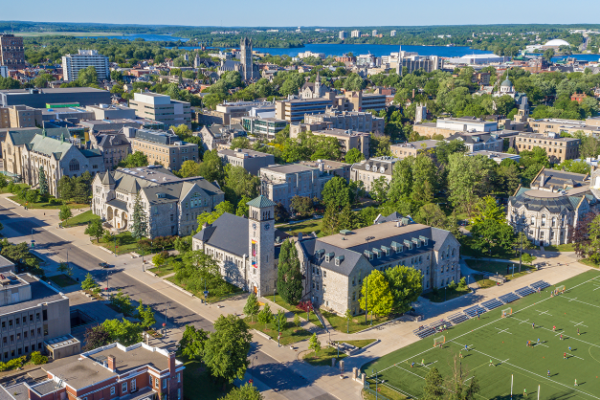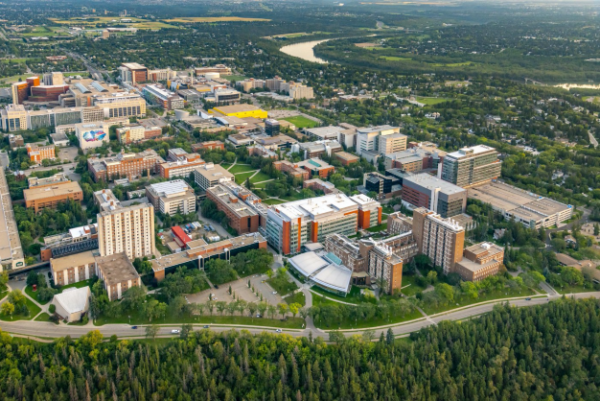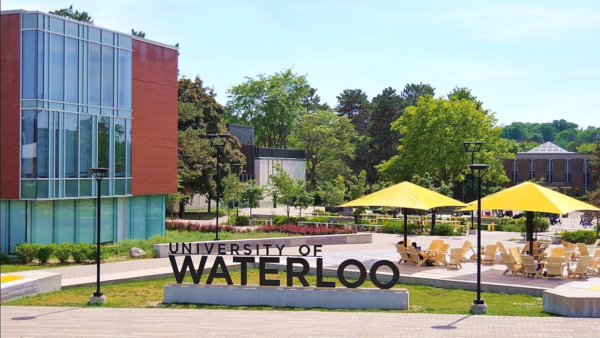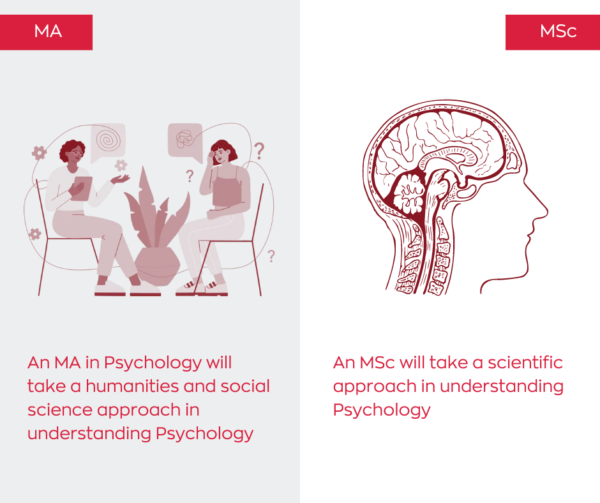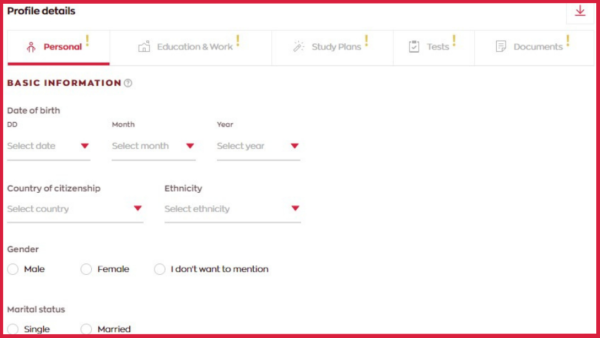Canada has been a popular study for international students,especially Indian students, considering the number of world-class universities, diverse population, high quality of life and lower tuition fees, and ease of immigration processes when compared to other English-speaking nations.

This multicultural global ed destination has over half a million international students and is one of the best global learning ecosystems. Liberal governmental policies, great quality of life, top-notch healthcare, and cutting and edge research are just some of the reasons why you must consider Canada as a top destination for pursuing a Master’s degree in Psychology.
If you are looking at the discipline of psychology, in particular, Canada is renowned for top-tier research institutions and flexibility of learning. A typical Master’s program in Canada is either one or two years long. The scope of the discipline is also immense. You can specialise in niche areas such as clinical psychology, cognitive sciences, neuroscience, child psychology, counselling psychology, psychoanalysis, and so on.
Having gained a postgraduate degree from Canada, the doors will open for you, with exciting career prospects, in the education, healthcare, and wellness sectors. The average salary of a postgraduate student of psychology from Canada is also relatively higher, estimated at around US $50,000 – US $85,000 per annum. After your education, you still have the choice between joining the skilled workforce or pursuing your research further through any of the Ph.D. programs.
If you are looking at psychology courses in Canadian universities, particularly at the Master’s level, you have a choice to make. Psychology programs can be M.A. (Master of Arts), M.Sc (Master of Science), or M.A.P (Master of Applied Psychology). Each of them has its own scope of study and research areas, based on the specialization.
If, however, you are not looking at Canada, then the UK is also a great option for Msc in Psychology (in case that’s where your interest lies).
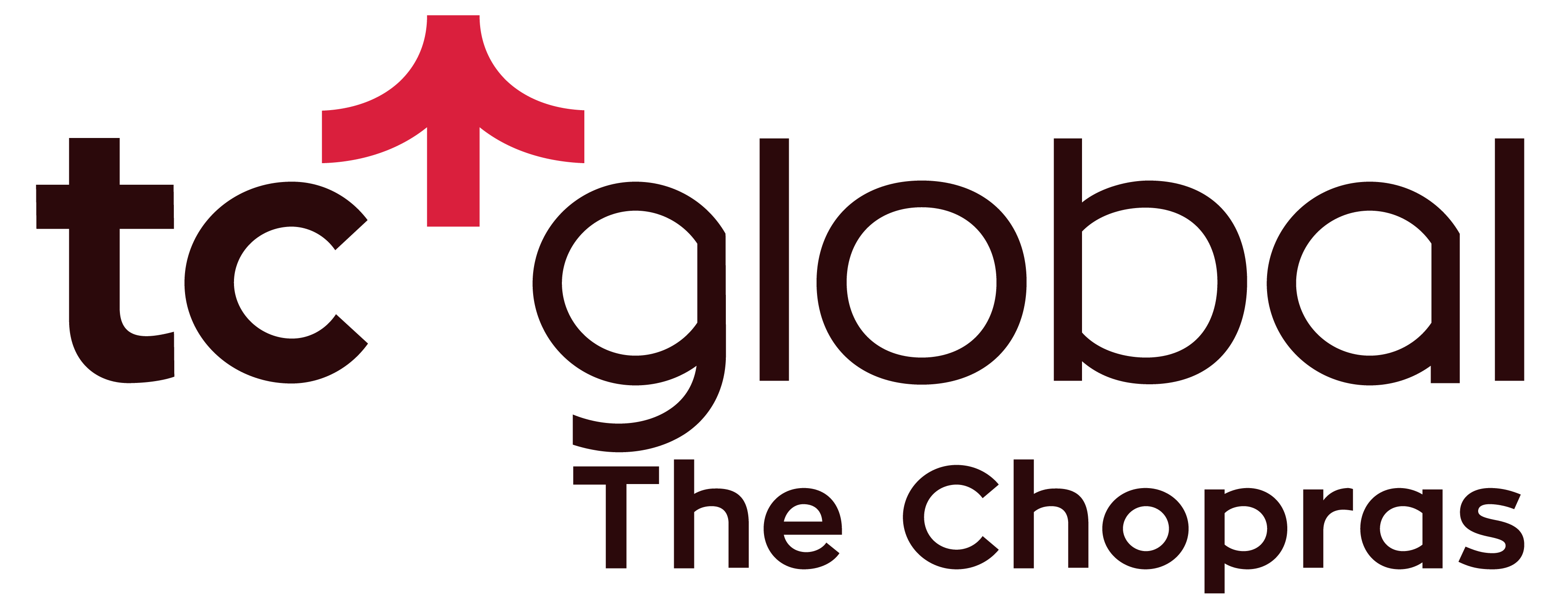
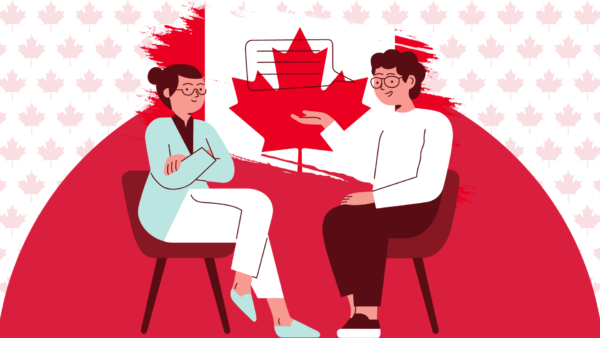

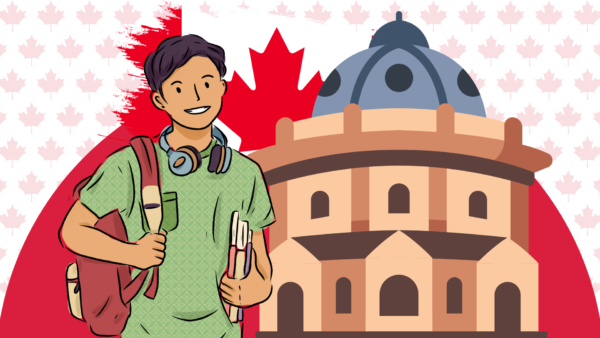

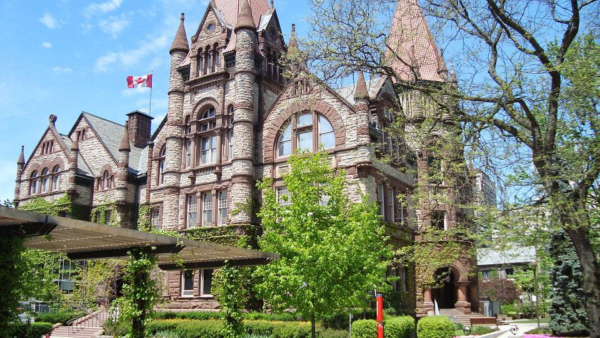

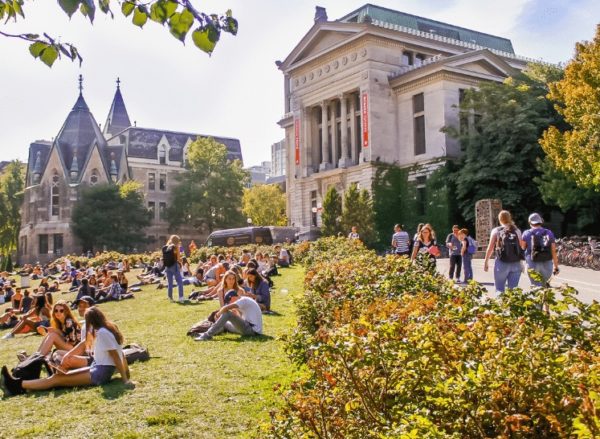
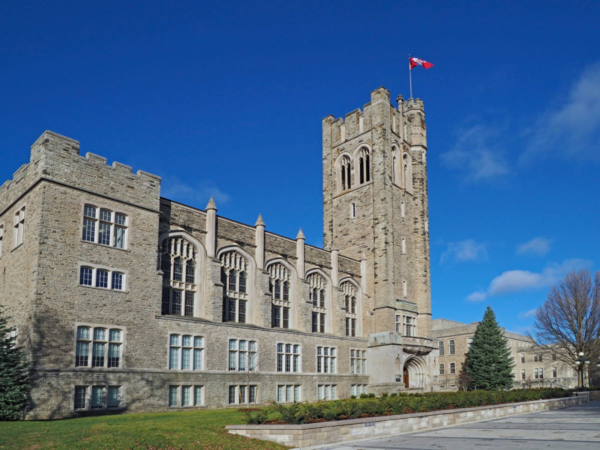
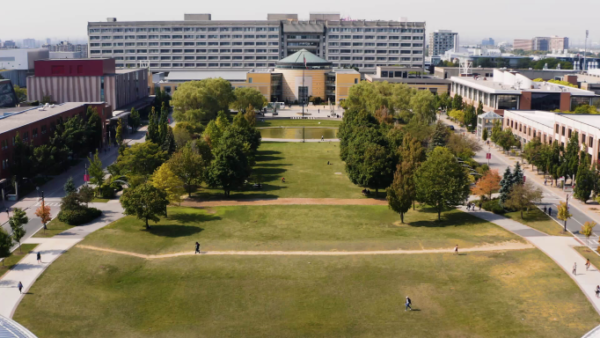
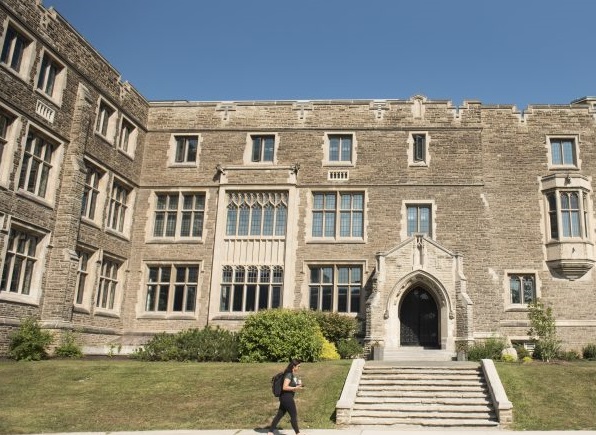 .
.